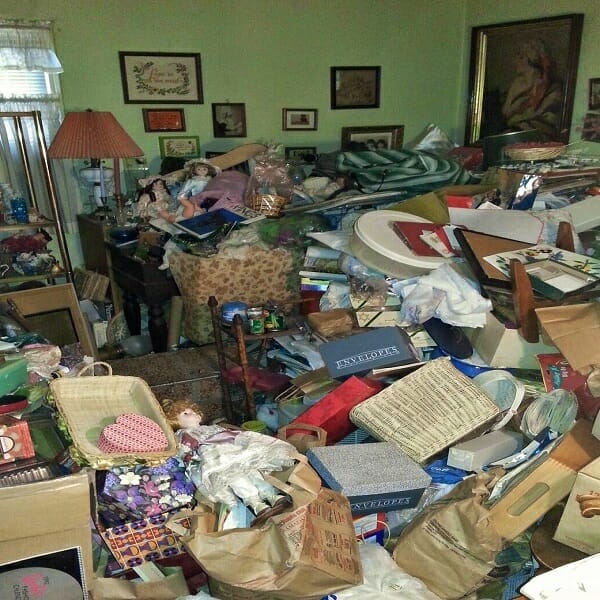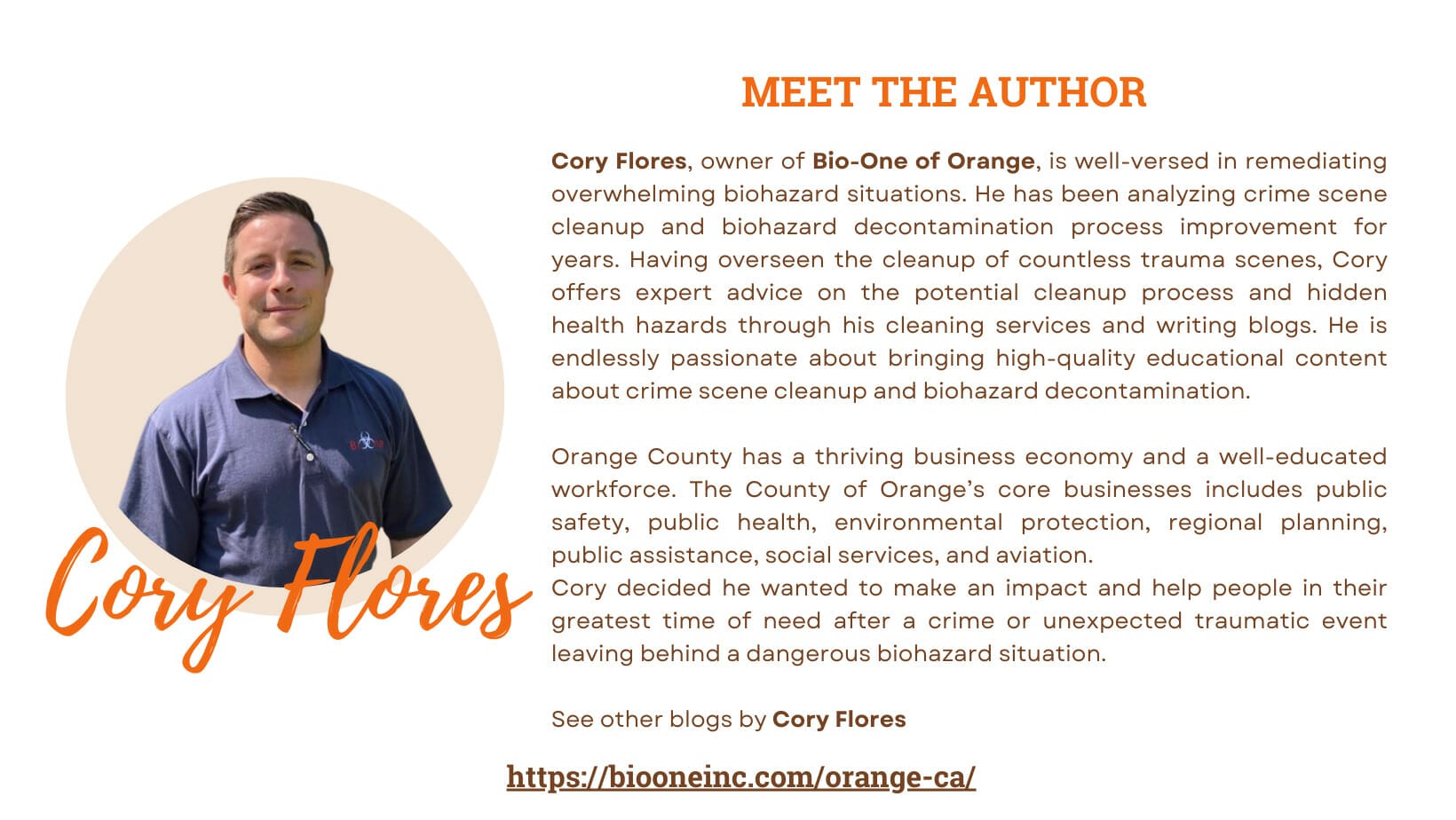
Convincing your loved ones to do hoarding cleanup is easy! The first rule is to refrain from pressuring them. Forcing someone to do something rather than patiently teaching them does not fruit positively. Thus, teaching hoarding cleanup takes patience and a series of processes. However, it becomes a fulfilling task when done successfully. bežecká obuv lepetitartichaut.com iansargentreupholstery.com bogner overal team easy on tøj til salg team easy on tøj til salg justineanweiler.com bogner overal lepetitartichaut.com bogner overal bežecké tenisky שולחנות מתקפלים bežecké tenisky iansargentreupholstery.com onlysxm.com
Hoarding is said to impact 1 in 50 Americans yearly. However, experts believe the actual number may be closer to 1 in 20 considering some unreported cases. Regardless of the figures mentioned, there is a need to address this concern and stop it from getting worse. Getting a hoarder’s consent before disposing of their stuff is not always applicable. Take a look at some tips that you can apply.
To understand hoarding disorder is to comprehend the person who experiences it. One can do this technique by asking them essential questions like, "What is your purpose with this?" or "When did you last look at this?" This tip is a kind effort to empathize with one’s viewpoint, leading to a successful persuasion to change them.
Do not just try to ask questions. Try to explain your feelings and let them appreciate your intentions. Use your questions to let them contemplate their plans for using their stuff. Do not force them until they can see that their hoards are beyond repair. Never put shame on your relatives, as it will cause them further distress.
To convince your relatives about hoarding cleanup, share with them what you know. This one concerns you who try to let them appreciate your intentions. For instance, you may share your knowledge about the benefits of decluttering, or you may try to inform them of the risk factors of their practices.
Some people with hoarding disorder do not realize the consequence of what they do. If someone introduces them to the truth, it will drive them to do what is best for them. They can make better judgments about what to retain and what to throw away once they see things for themselves, which could ultimately enhance their overall quality of life.
Never neglect the first rule– do not force them. Take it slowly. Focus on one thing at a time. It might seem effective to deal with multiple problems at a time. However, dealing with hoarding disorder takes a different perspective. A person who offers help needs to plan the action to speed up the clean-up process and put everything back in order. For instance, one may focus on one item or room at a time while giving the best support.
Read on because the following points are also helpful in ending the hoarding disorder. One thing that must not be disregarded is familiarity with the hoarding disorder. Through this, one can comprehend and address the situation with little effort.

The Mayo Clinic explains that hoarding disorder is a persistent difficulty getting rid of things because of the intense desire to save them. Getting rid of these objects makes someone feel distressed. Regardless of their true value, this type of disorder progressively makes someone accumulate many things.
Meanwhile, hoarding disorder has nothing to do with a fondness for collection and its value. This behavior is different from the act of collecting. Collecting something means proudly exhibiting the items in an organized way. However, hoarding refers to excessively collecting things and storing them in a chaotic manner.
Although the specific reason for hoarding is a mystery, there are factors that may link to it, such as anxiety, depression, and trauma. It is simple to assume hoarding creates annoyance to organized individuals. However, the psychological explanation for people who hoard is a very complex matter.
According to experts, hoarding disorder is linked to some early life experiences. These factors may include losing things, not owning things longed for, and improper treatment from other people. Furthermore, the following are also contributing factors that lead someone to be disorganized.
Hoarding is also a result of family influence. Also, studies reveal that excessive collection of things can be due to genes. If you live with someone who practices hoarding, it can create issues other than physical mess. You might find disagreement because of different ideas about what to preserve and what to discard. Thus, it is also important to make some adjustments and consider the points we mentioned above.
Perfectionism or the intense fear of committing error is another factor related to hoarding things. As a result, perfectionists struggle to decide what to do, plan ahead, or figure out how to complete tasks. This behavior leads to disorganized lifestyle as one struggles to select what to keep and what to discard.
Share your knowledge. Looking back to how to convince your relatives to seek help for hoarding, your knowledge can help them. Unfortunately, hoarding creates bigger problems other than a simple household mess. Take a look at our list below and let your relatives know about these negative effects of hoarding.
Mold growth and accumulation of bacteria and viruses happen in untidy places. These pose a serious health threat to humans. Let your relative know about this concern. Tell them without scaring them but through words of kindness and concern. Hoarding things inside the home could also mean keeping fatal health risks.
Hoarding frequently invites unwanted pests inside the house, including rodents, cockroaches, and bed bugs. When this happens, your loved ones might be at risk of asthma, allergies, and even poor mental health. It means leading to the first point mentioned, which is health risks. Additionally, pests can spread illnesses like Lyme disease in ticks and rabies in mice.
Clutter increases the chance of accidents because things are very disorganized. For instance, one may accidentally fall or trip due to unseen objects on the floor. If you have old relatives, they might be at risk of falling, leading to death.
Furthermore, hoarding may also catch fire due to high fuel load, which provides an opportunity for ignition. Unfortunately, these hoards could also create a mess for rescuers preventing responders from accessing the entryways during times of emergency.
Lastly, extreme hoarding results in structural damage due to heavy loads. It creates sunken foundations, collapsing walls, and faulty plumbing and electricity. If the worst case happens, the home may collapse, causing more damage and accidents.
Where to start cleaning a hoarder's mess? It can be challenging to do but take heed of the danger when cleaning. The following tips can be used when dealing with the mess caused by hoarding.
How bad is the situation? Can you handle it on your own? Have you considered how to convince your relative to hoard clean up? Does it need to be fixed immediately, or will it take some time?
It is wise to have a strategy to follow before starting the cleanup. Create a plan first. Remember to take it slowly. Your plan should cover one room at a time, and tasks should have due dates. If not, you will most likely never actually clean up this mess.
After comprehensive planning, it is time to prepare the tools you need. Check out the list below to make a good start.
There can be something from the hoards worthy of recycling, selling, or donating. If so, it should be separated into a sell pile and a donation pile. Set a deadline and strategy if you plan to sell or donate the items. Meanwhile, you can store the items in a garage if unsure of what to do with them. After six months, if you have decided, you can be generous by donating the items to a good cause.
Cleaning up clutter around the house caused by a hoarding relative can be overwhelming to do. Thus, it is better to seek assistance from a psychologist or cleaning experts. Professional psychologists can assist you in developing a fresh perspective on a problem and in helping you decide what to do with hoards inside the house. On the other hand, professional cleaners can ensure your home is fully cleaned, and seeking their assistance is due to some reasons.
There are several reasons why keeping your home tidy and free of clutter is crucial. While this may seem obvious to the normal person, a person with hoarding problems will require further assistance.
It will be simpler to clean up if you know how to persuade your loved one to part with the items they are hoarding, and it is the greatest approach to ensure that they form good habits to avoid recurring hoarding difficulties in the future. You can assist your loved one in getting back on track if you have a little patience and understanding.
Do not be afraid if you need professional assistance. Our priority is you. Bio-One Of Orange continually becomes passionate in the cleaning service industry. We are trained, experienced, and insured to remediate overwhelming biohazard situations. Get in touch with our 24/7 emergency response hotline: 714-397-8375.


Bio-One of Orange serves as the biohazard cleaning specialist and last responder to clean, disinfect, and disinfect the scene from biohazardous waste after a gruesome scene. The residue left behind by traumatic events poses risks of disease outbreaks.
If you’re a medical worker, public service agent, or a victim of a traumatic life event exposed to any of these biohazards, you must proceed to wash the affected area with abundant water for 15 minutes.

Bio-One offers a quick solution to life’s most difficult and unexpected situations. Locally owned, we provide top-quality, industry-leading cleaning, sanitation, and decontamination services in:
Locally owned, Bio-One of Orange is proud to serve Orange County and surrounding Southern California areas: Aliso Viejo, Anaheim, Brea, Buena Park, Costa Mesa, Cypress, Dana Point, Fountain Valley, Fullerton, Garden Grove, Huntington Beach, Irvine, La Habra, La Palma, Laguna Beach, Laguna Hills, Laguna Niguel, Laguna Woods, Lake Forest, Los Alamitos, Mission Viejo, Newport Beach, Orange, Placentia, Rancho Santa Margarita, San Clemente, San Juan Capistrano, Santa Ana, Seal Beach, Stanton, Tustin, Villa Park, Westminster, and Yorba Linda!
Our biohazard cleaning technicians are ready to help you restore your home or business. Bio-One of Orange, a proud member of the Orange Chamber of Commerce, is available 24/7, 365 days a year. Contact us at 714-397-8375.